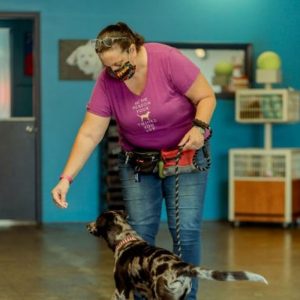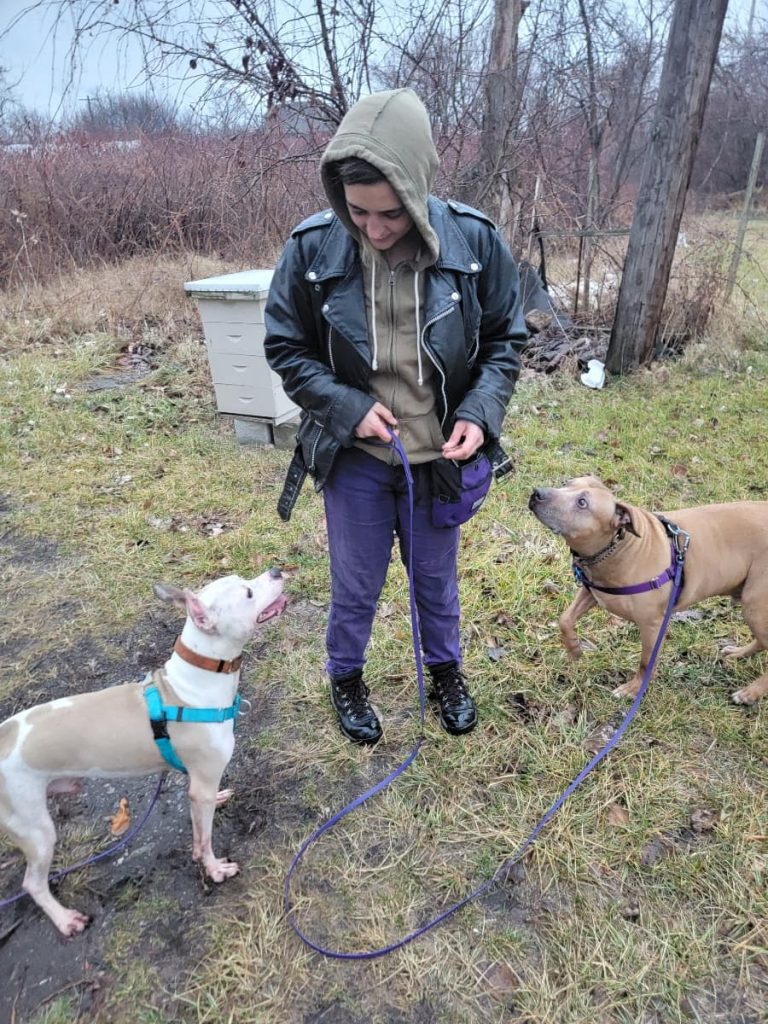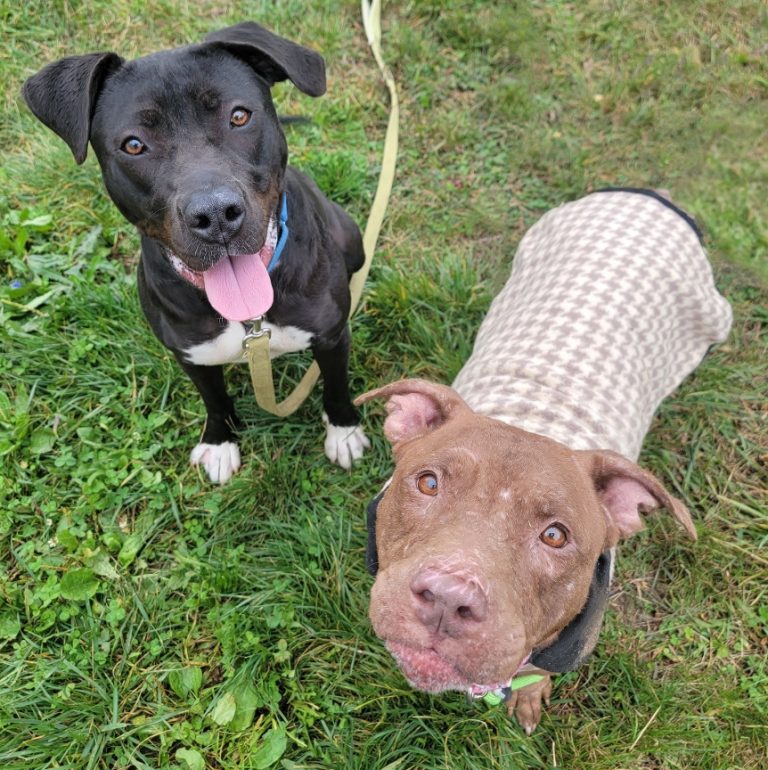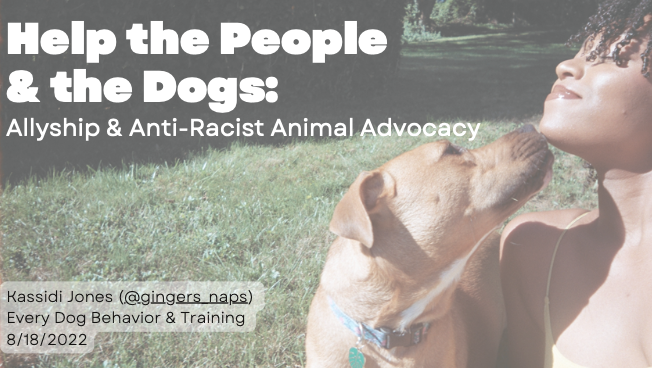When starting to learn something new, it’s common to feel quite confident about your abilities. This is known as the Dunning-Kruger effect—a cognitive bias where individuals with limited expertise overestimate their competence. In dog training, someone with minimal experience might think they are more skilled than they actually are.
This overconfidence can lead to less effective training and misunderstandings of a dog’s behavior, potentially resulting in serious repercussions. To avoid this, it’s essential to seek guidance from professionals and educate yourself thoroughly on behavior, learning theory, and modern animal training techniques.
The more you delve into dog behavior, the more you’ll realize there’s always more to learn. Dog behavior is a vast discipline. Thankfully, there are numerous learning pathways available, some of which are listed above. No one knows everything, and humility is crucial in the dog training world.
Begin by extensively studying dog body language and communication. There are many excellent books and courses on the subject. Watching videos of dogs in slow motion, even frame by frame, can help you learn to identify various body movements and responses to the environment. Understanding body language and communication functions (such as space increasing, space decreasing, and emotion) is vital before working with people’s dogs.
A deep understanding of animal learning theory is foundational for training. While your clients don’t need to know all the details of learning theory, you should be well-versed in it.
Creating and implementing an enrichment plan is necessary for training dogs. Remember that dogs are captive animals, and unmet biological needs can manifest as problematic behavior.
Knowledge about how dogs should move and behave is also important. If a dog shows a behavior problem, there may be an underlying medical issue contributing to it. Regular vet care might not catch things like gait abnormalities or specific behavior concerns, so being observant can help the dog get the care they need.
Before taking on training clients, spend significant time training shelter dogs. Observing and working with various dogs is an invaluable experience. Find a trainer to shadow, ideally someone who can become an ongoing mentor. Ask those with more experience to watch and critique your training, and be open to constructive feedback. Learning from multiple trainers can provide a wealth of knowledge and skills.
A good trainer must remain flexible and continuously assess whether training plans are effective. If a dog or person is struggling, adjust your plan promptly to ensure success. Sticking rigidly to what you think should work won’t help if it isn’t working.
Developing strong interpersonal communication skills that are effective, appropriate, and kind is crucial in this line of work. People should be treated with the same humane approaches we use with dogs. It’s important to have empathy for people and maintain integrity. Your emotional intelligence is just as vital as your training knowledge.
Consider getting certified. The dog training industry is largely unregulated, with no uniform standards that professionals must meet. However, seeking certifications can provide credibility and elevate professionalism within our field. Dog Training Schools offer certifications, as do organizations like CCPDT and IAABC.
The field of dog training is constantly evolving, so it’s essential to study the most up-to-date, respected methods. Regularly assess your current capabilities and take on cases that you are qualified to handle.








